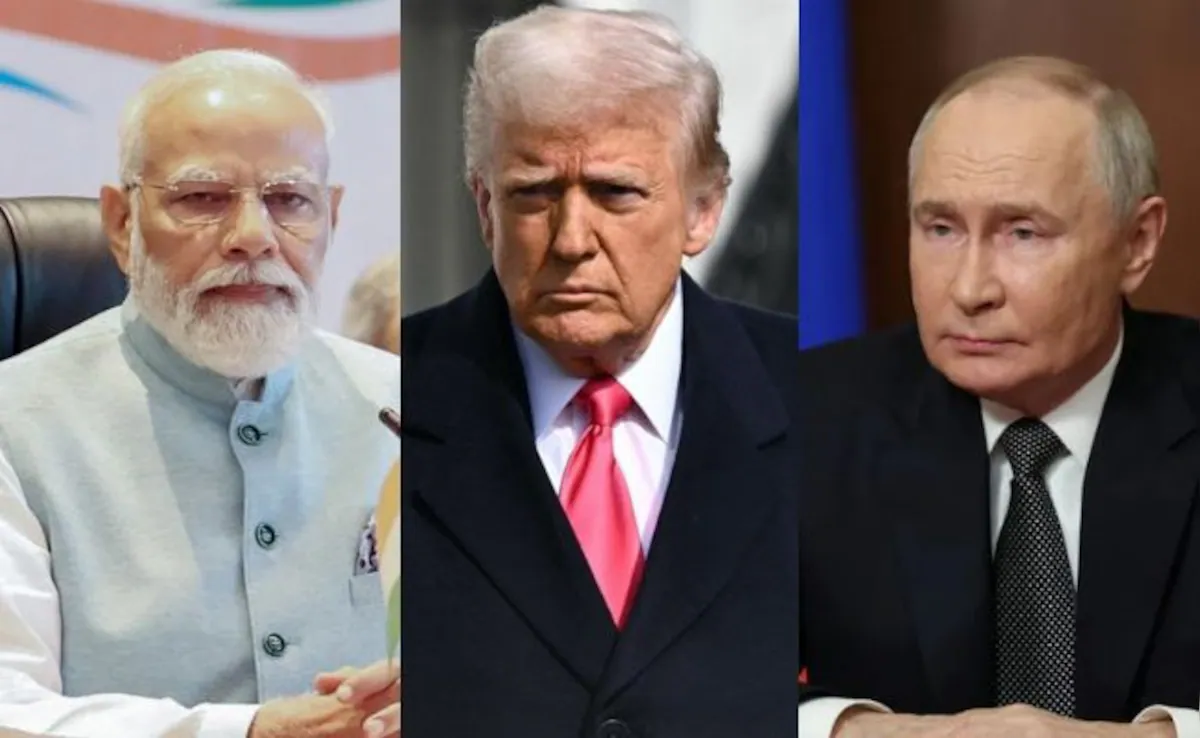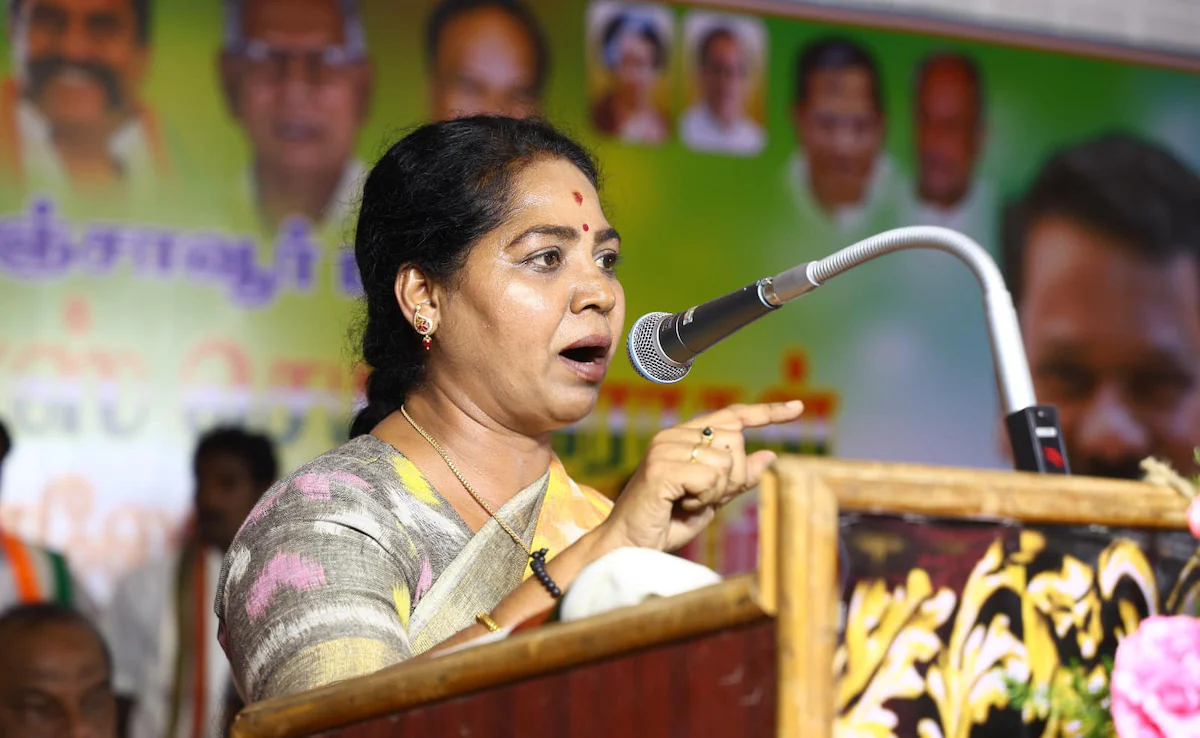Now Reading: India Dragged Into US Political Debate: Ex-Trump Aide Claims Delhi is Funding Russia’s War Effort
-
01
India Dragged Into US Political Debate: Ex-Trump Aide Claims Delhi is Funding Russia’s War Effort
India Dragged Into US Political Debate: Ex-Trump Aide Claims Delhi is Funding Russia’s War Effort

In a controversial statement that has sparked diplomatic discomfort, former Trump advisor Stephen Miller accused India of indirectly funding Russia’s war in Ukraine. His remarks came during a televised discussion on American foreign policy, stirring criticism and concern from both political analysts and Indian observers. The claim is part of a broader debate in the US, but it places India in the crosshairs of geopolitical blame games.
The Accusation and Its Context
Stephen Miller, a prominent conservative voice and ex-senior aide to Donald Trump, argued that India continues to buy large quantities of oil from Russia, which in turn helps fund Moscow’s military operations. His comment came while criticizing the Biden administration’s handling of the Ukraine conflict.
Miller’s remark was blunt—he called it “not acceptable” that India is financing Russia’s war, directly naming Delhi in a charged conversation typically focused on Western alliances.
India’s Oil Strategy: A Closer Look
India has increased its import of discounted Russian crude since the war began in early 2022. But Delhi has consistently defended its energy policy, stating that its oil purchases are based on national interest and not ideological alignment. With high global inflation and domestic fuel needs, India has argued that affordable energy is essential to keeping its economy stable.
Officials in New Delhi have also pointed out that the West continues to engage with Russia economically in various sectors, and singling out India is both unfair and hypocritical.
Why This Matters for India
Miller’s comments may not reflect official US policy, but they do echo growing impatience among certain American political factions. While the Biden administration has mostly taken a pragmatic approach to India’s oil ties with Russia, the sentiment among conservatives could influence future diplomatic dynamics, especially if Trump or his allies return to power.
For India, the real concern lies in how these accusations affect its image as a neutral player in global affairs. Delhi has walked a fine line between maintaining historic ties with Russia and deepening strategic partnerships with the US and EU.
Reactions and Impact
The Indian government has not officially responded to Miller’s statement yet, but experts suggest that such remarks—while not policy—can strain perceptions. Social media reactions within India were mixed, with many defending the country’s sovereign right to buy oil, while others warned of potential reputational risks.
In Washington, the broader foreign policy community remains divided on how to engage with India on this issue. Some argue that pressuring India publicly only risks pushing it closer to Russia, while others say tough conversations are overdue.
Conclusion
Stephen Miller’s pointed accusation might not change official ties between India and the US overnight, but it signals how India’s balancing act on Russia is increasingly under scrutiny. As global alliances shift and election rhetoric heats up in both countries, India may find itself needing to explain its strategic choices more often—both to allies and to its own citizens.

























